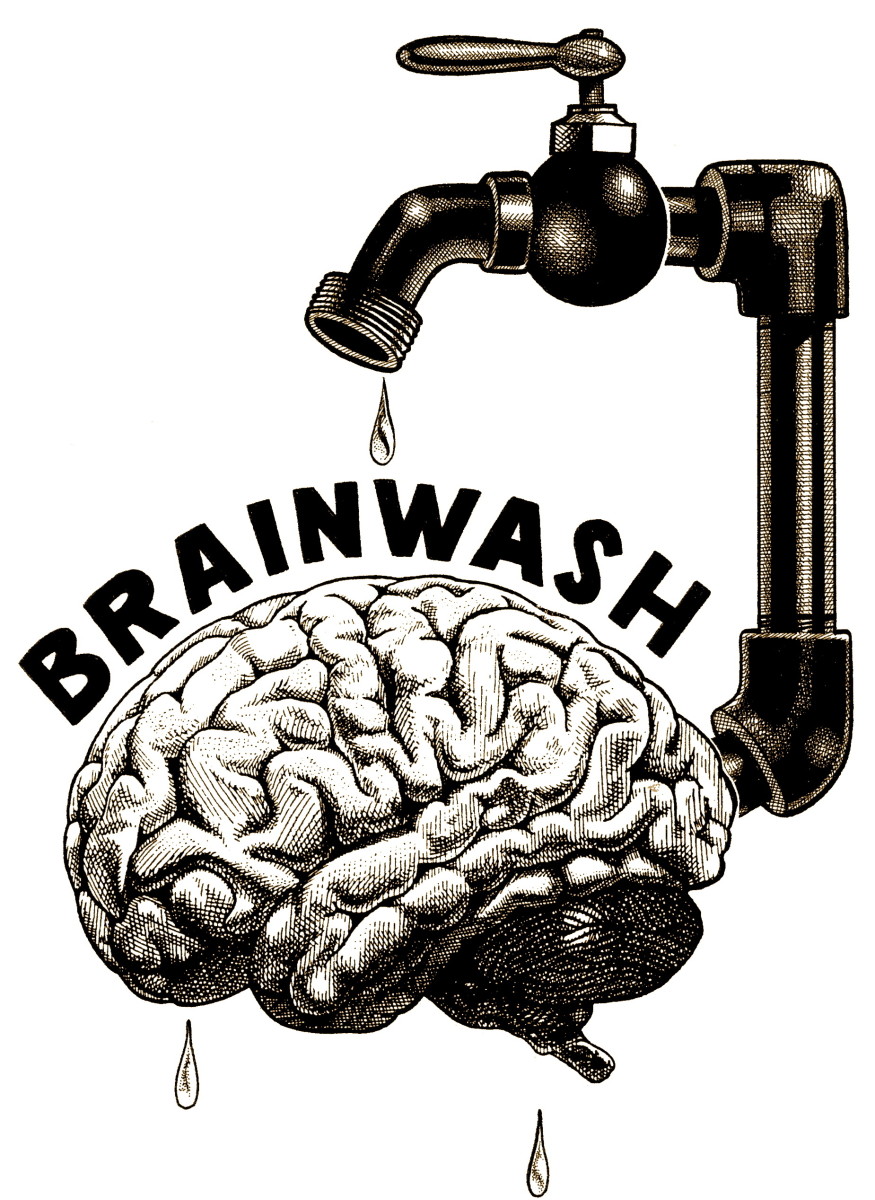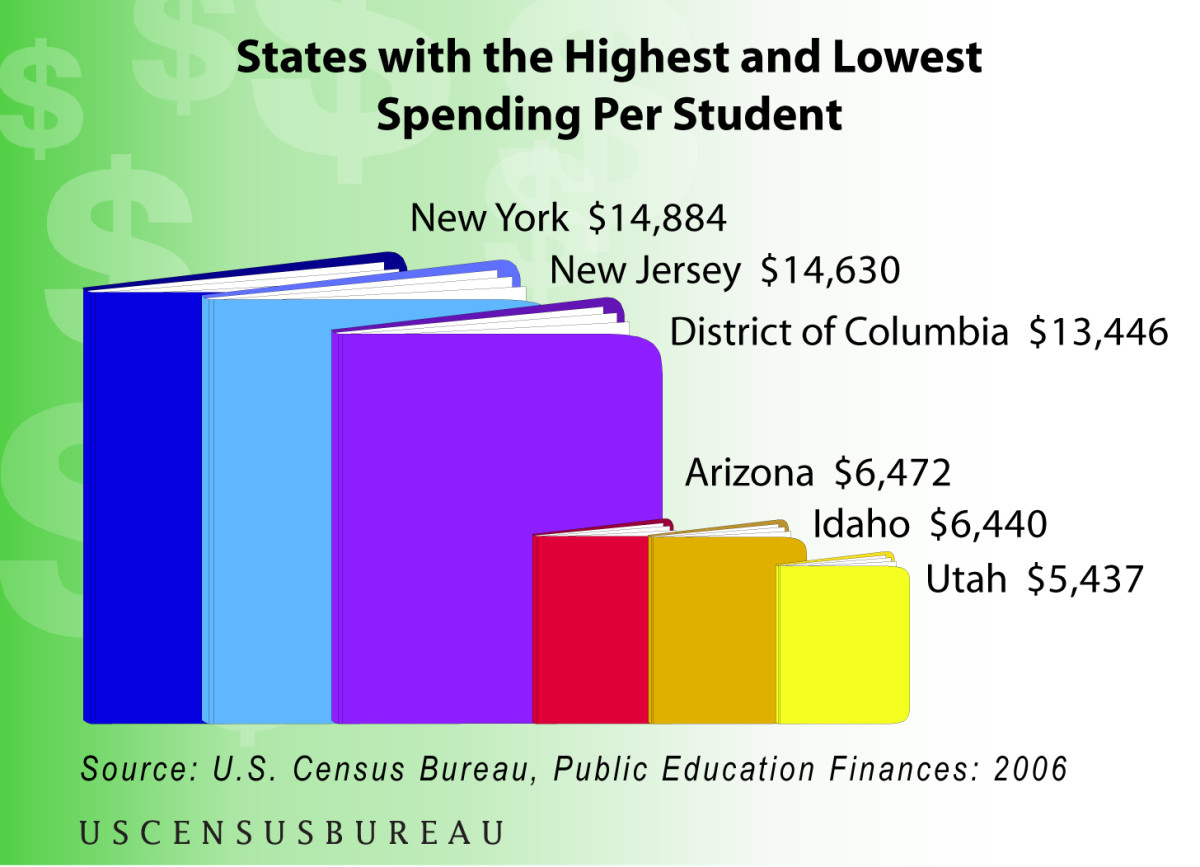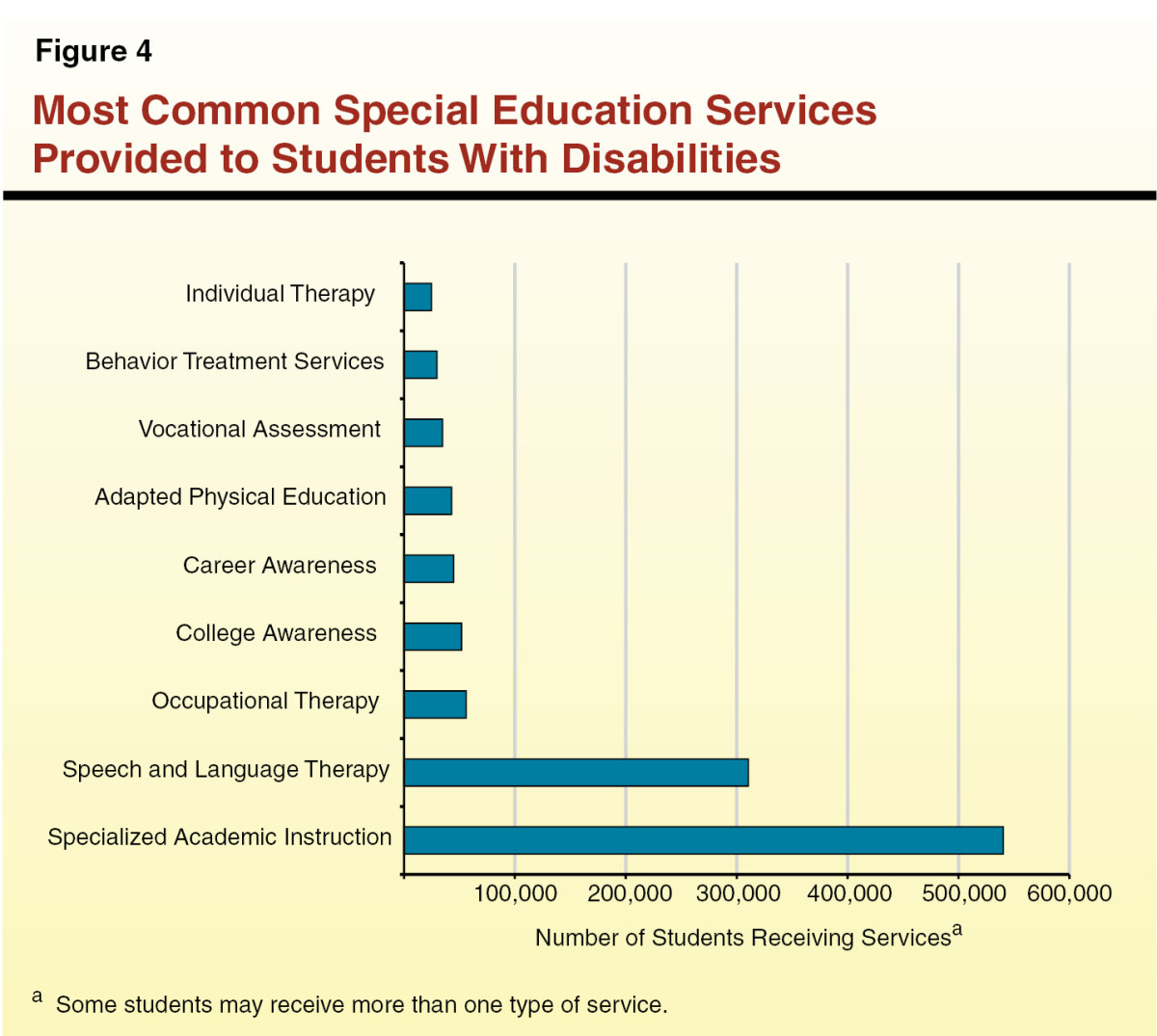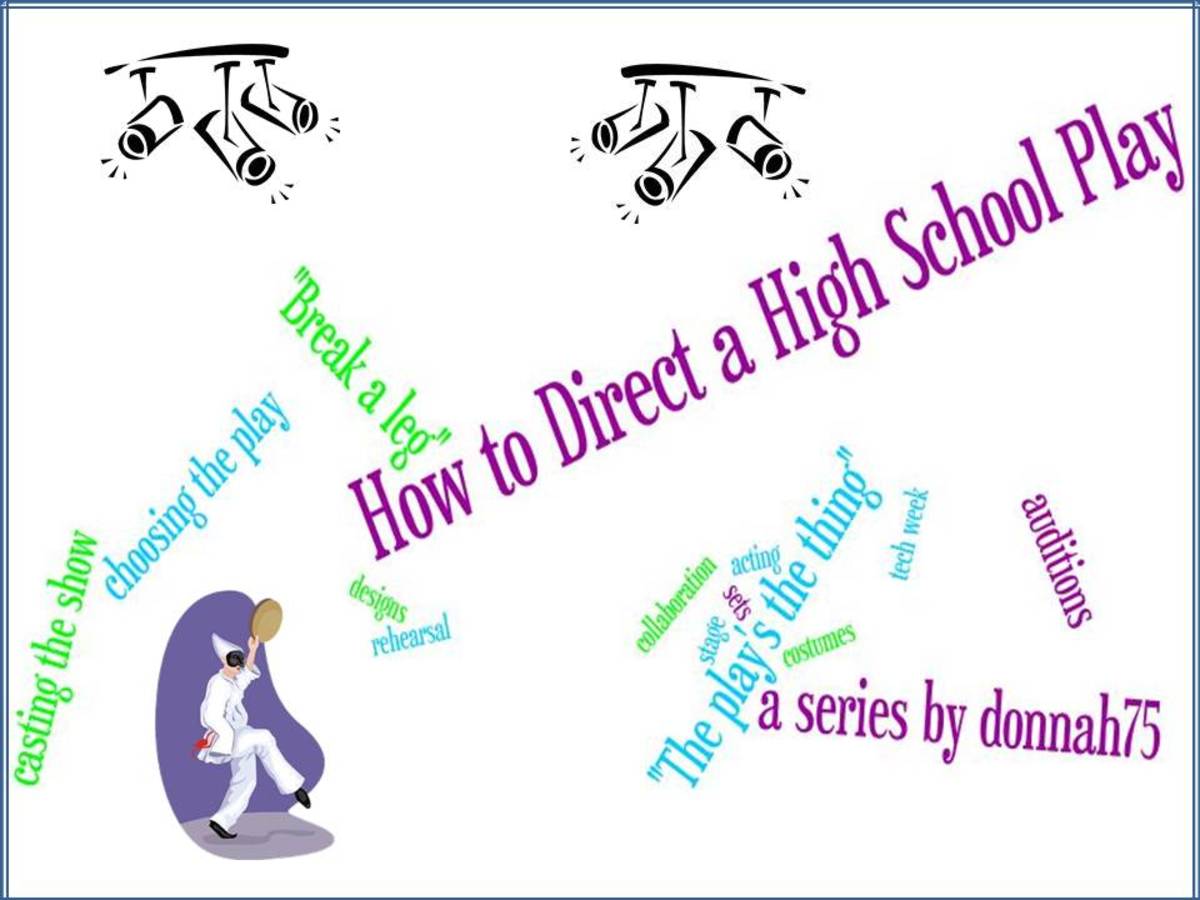The War on Facts is Education's Big Folly
Check it for yourself…
The premise of this article is that public schools have been teaching less and less for many decades. The questions are, why did we get into this mess and what can we do about it?
If you have any doubts about this premise, please skip to the videos at the bottom.
Schools skip the most important part: Knowledge
Ancient Chinese wisdom tells us a journey of 1000 miles starts with a single step. if you expect children to be educated at some point down the road, you have to start somewhere. Why not start that process today? Teach something.
If that sounds obvious to you, you’re not paying attention to modern educational theory.
The big problem in our public schools is that the Education Establishment thinks they need to keep children empty-headed and simple-minded, presumably so they can be more easily controlled and indoctrinated. If kids work well together, if they have the right attitudes about global warming, etc., they don’t need to know anything else. Top educators are constantly devising new sophistries to justify teaching little or nothing. Ignorance has become the default setting.
What is Constructivism?
Starting almost 100 years ago, the Education Establishment scoffed at facts and discarded as many of them as possible. Emphasis moved to projects and group activities. But the top educators must have decided this emptying-out process was too blatant. They needed a slick justification for their war on knowledge. They came up with Constructivist education, which prohibits teachers from teaching and puts the burden on the students themselves to create their own new knowledge. This was brilliant and has worked all too well. Classrooms got dumber and dumber. In fact, we are today living in what might be called the Age of Constructivism.
But some resistance has sprung up in the last decade. Psychologists argue that practice, drills, and preparing for tests can have benefits. In short, our Education Establishment needed yet another excuse for teaching little. Fortunately, the Internet had arrived in time to provide a sophistry.
Today, the Education Establishment blandly announces that children don’t need to learn anything because, after all, it’s all out there on Internet whenever anyone needs it. A generation ago, all knowledge was in encyclopedias. Nobody thought to say that students didn’t need to learn anything. But our Education Establishment is nothing if not excessive. The official dogma today is that actually learning facts is so 19th century. What children are supposed to learn now are so-called competencies and literacies. For example, if you know how to go on the Internet and find the population of Peru, that’s it. You are educated because you possess ”digital literacy.”
Minimal Teaching
So you see we’re under continuous siege by a 100-year campaign against knowledge and memorization. And it's still going strong. It’s very effective. Students get out of college without knowing what century the Civil War was in. It’s a remarkable devastation of all the things we used to designate by the term “educated.”
You cannot have this crazy level of ignorance unless you have an Education Establishment that is fully committed to the most minimal kind of teaching. This posture might better be called educational nihilism. It’s precisely this attitude that we have to turn around. You can’t do critical thinking, or for that matter any kind of thinking, unless you have information in your head, information that you can rearrange and combine in new ways, somewhat like turning a diamond in the light. That’s what the Socratic Method is really all about.
Here is the persistent problem. The arguments against memorization and knowledge are rarely honest. The Education Establishment can’t tell the truth, that they don’t want children to know much because then they’ll be more difficult to shape.
Facts Are Fun
So let’s try to separate ourselves from socialist propaganda claims and look at the basics. The brain has been designed over millions of years to acquire and manipulate information. It’s the most natural, normal thing to do. You can tell from the popularity of quiz shows that people are fascinated by the simple act of knowing stuff.
Furthermore, the classical academies will tell you that children are not merely good at memorizing, they actively enjoy it. This lust for knowledge, this enjoyment of learning, is what our public schools are designed to prevent. There’s one gimmick after another set up to make sure that no first fact is ever learned. That’s what a hatred of knowledge has done for us. We are now committing a sort of national suicide. There are no good aspects. It’s just suicide.
Perhaps, a few generations ago, there was too much stick in education and not enough carrot. Okay let's make the whole process more benevolent. Certainly with all the digital tools, every aspect of education has gotten easier and more fun. Let's capitalize on that as we shift back to real education. Which, for so many reasons, we urgently need to do.
First, students master the 3R’s, then they learn general knowledge, then they learn more specialized knowledge. That’s the way it works in every good school, almost since the first school was built. That’s the proper paradigm today.
We have to start somewhere. Let’s start by believing in the usefulness of facts and knowledge.
If child can count to 10, he can quickly learn to count to 20. When a child knows that there’s an ocean called the Atlantic Ocean off the east coast of the U.S., the child is more ready to hear that there’s an ocean on the other side of the country called the Pacific Ocean.
You learn one fact and then that fact is used to add a second and third fact. You need a grain of sand to make a pearl. You need grit in the air for raindrops and snowflakes to form. Knowledge is the best catalyst for more knowledge.
What Do You Know?
--------------------------------------------------------------
100 Facts Every High School Graduate Should Know
Take "The Quizz"
If you don't know all the answers, sue your high school.
Trained To Guess
Mark Dice, the man below, and Jesse Watters from FOX News, conduct interviews of random strangers. Jay Leno (2nd video) used to do the same for the Tonight show.
If you watch these videos, YouTube will bring up other similar videos.
One pattern to watch for is that many people have been trained to guess, however wildly. I think that, once upon a time, people knew when they knew something and when they didn't. If you watch several of these videos, you'll see that's not the case anymore. Additionally, people know so little that their guesses are as likely to be a mile away as a yard away. People used to be able to make what was called an educated guess. Now all the guesses tend to be ignorant guesses.
Americans Don't Know Nothing
And Look At the Huge But Useless Textbook
Q.E.D.
Summing up: the non-teaching of knowledge is one of the biggest problems in the schools.
The biggest problem of all is that children are not taught to read quickly and fluently in the first or second grade.
it would be so easy to fix both of these things. The Education Establishment pretends it's difficult because that's their alibi. it can't be done. It costs too much money. The parents don't care. The kids won't try. That's what we hear – one excuse after another.
Truth is, kids can routinely be taught to read by the end of first grade. There's no excuse for not doing this. Second, if you teach a few facts each day, by middle school the child would appear to be a genius compared to today's students.
The Education Enigma
© 2016 Bruce Deitrick Price









